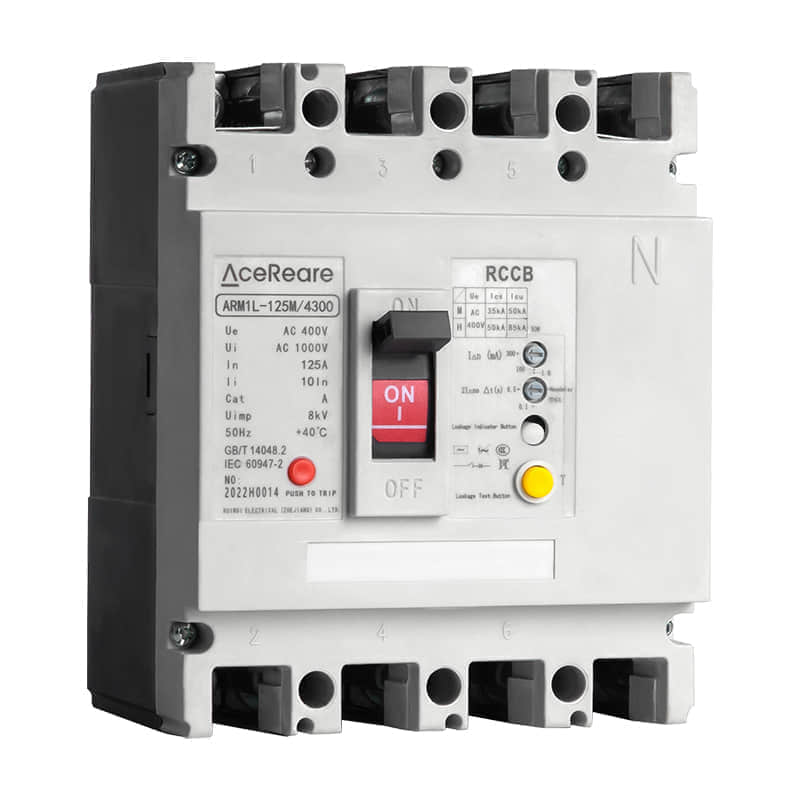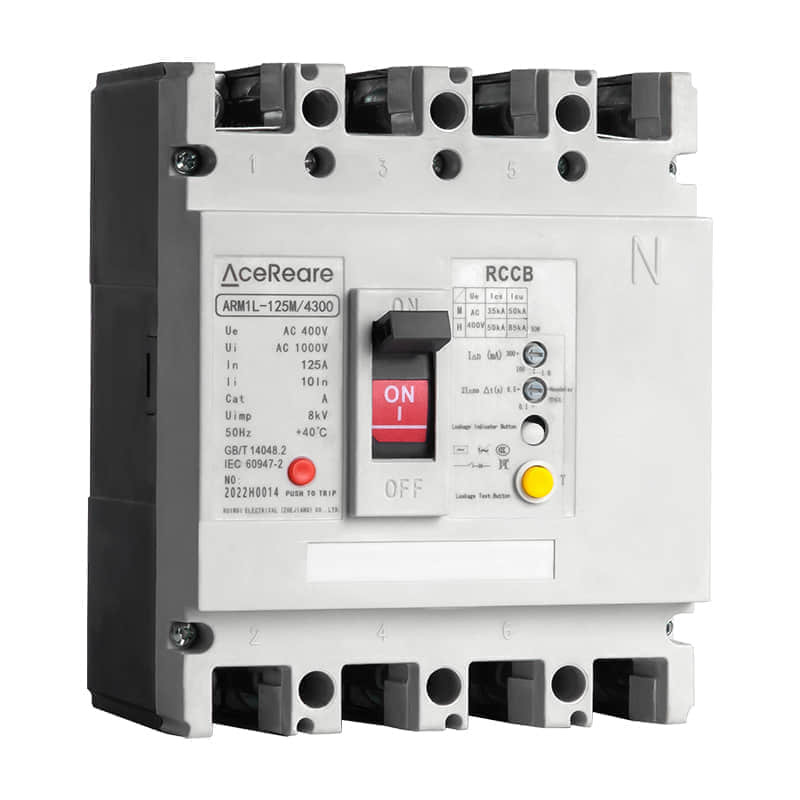In the realm of electrical systems, safety is paramount. One of the key components ensuring this safety is the molded case circuit breaker (MCCB). These breakers not only safeguard against overloads and short circuits, but also offer residual leakage protection, adding an extra layer of security against electrical accidents.

The molded case circuit breaker is a compact device, designed to fit into a variety of electrical systems. Its robust casing, typically made of plastic, provides excellent insulation and protection against external factors. The MCCB’s primary function is to interrupt the flow of electricity in the event of an overload or a short circuit, preventing potential damage to the system or nearby equipment.

However, the MCCB with residual leakage protection takes things a step further. This advanced feature allows the breaker to detect minute amounts of leakage current in the system. In the event that such a leakage is detected, the breaker immediately trips, cutting off the power supply. This prevents any possible electric shocks and safeguards against fires caused by faulty connections or aging equipment. The residual leakage protection in molded case circuit breakers is achieved through a sophisticated mechanism that continuously monitors the electrical current. If there is any imbalance in the current flow—indicating a potential leakage—the breaker’s internal mechanism trips, breaking the circuit. This rapid response ensures that even small amounts of leakage are detected and stopped promptly.
